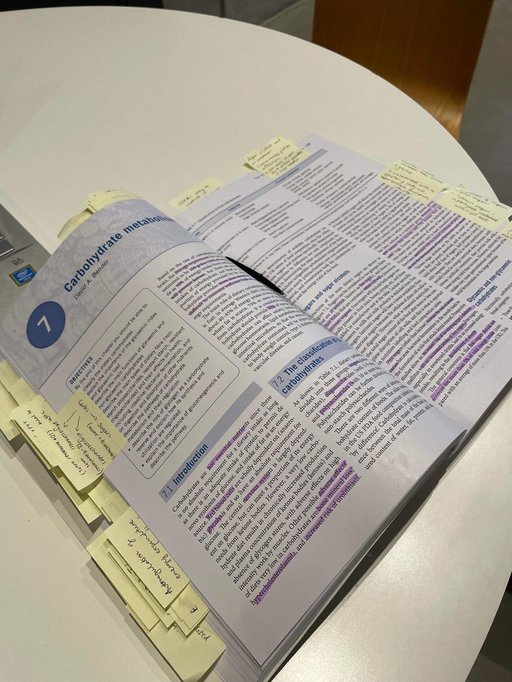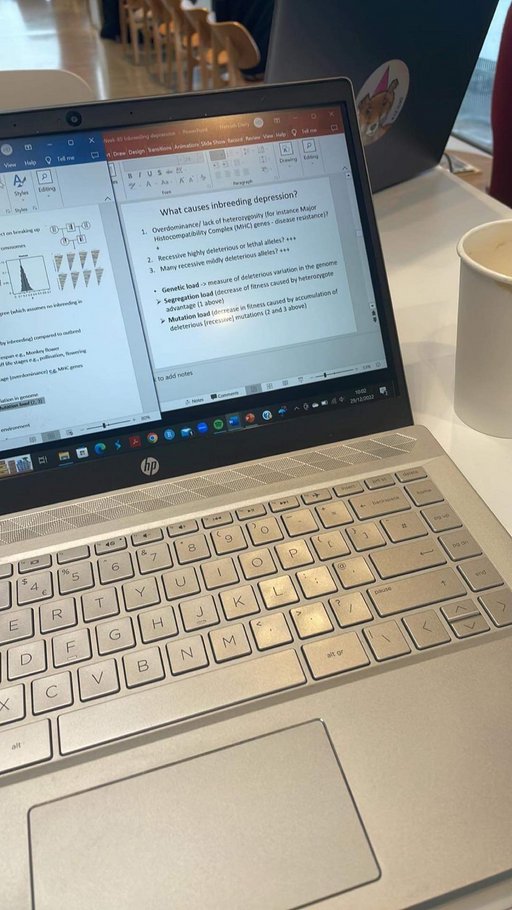How to Pass Oral Exams at Aarhus University
Exams are a common occurrence in academia – most of us are accustomed to them from school and university. Yet, oral exams are noted as a unique experience by many internationals in Aarhus and the prospect of them can be intimidating. Here, I’ll share my experience and hopefully allay any concerns you may have!
A New Assessment Experience

I first noticed that I would be taking oral exams when I selected my courses - 2/3 had this style of assessment. I’d never experienced an oral exam before, except for when studying languages, so I was a bit apprehensive about how this would work.
When I attended my departmental introduction, the international coordinator mentioned oral exams and explained that they are a common style of assessment in Denmark. Aware that most of us were nervous about the new exam format, they told us that many Danish students actually preferred oral exams over the written. This seemed hard to believe at the time. However, I have since sat my two oral exams and they were not as scary as they first seemed.
The General Format
For most courses, there is a specification of the key aspects of the curriculum – topics you are expected to understand and be able to answer questions on. At the exam, you will likely be asked to present on a specific topic (either with or without preparation time), as well as answer questions about the curriculum. The whole exam lasts around 15-25 minutes. You are then asked to leave the room whilst the censor and examiner evaluate your performance. When you return, you receive your grade and any feedback.
My Experience

Note, this is my experience of oral exams in the Biology Department. There can be variation in format within and between departments. The two oral exams I sat, although similar, differed slightly.
My first exam had no ‘preparation time’ - I randomly drew a topic related to a chapter in the course textbook, and the exam began immediately. I was asked questions related to that topic, including explaining a number of graphs. Progression through the exam was fairly fluid and similar to a discussion – my explanation of a graph often prompted questions about the general curriculum. My examiners were very reassuring and were able to reiterate when I was confused about the question being posed.
For my second exam, I had 24 hours of ‘preparation time’. I was randomly assigned an article specified in the curriculum, and I had to prepare a 5-minute presentation on a scientific question relating to the article. When I entered the exam room, I sat down and was asked to start my presentation. After this, I answered follow-up questions for a further 5 minutes on the topic I had just presented, and was questioned more generally on the curriculum. Again, the atmosphere was very relaxed and put me at ease.
Tips

- If presentations are part of your coursework, use them as opportunities to practise – this builds your confidence and the format is usually similar to the exam.
- Know what you could be examined on – lecturers will often specify the curriculum.
- If you have preparation time, consider the questions your presentation could prompt and how you would answer them.
- Bring your student card – this confirms your identity at the exam.
- Bring a water bottle – you won’t be penalised for taking a sip of water.
- If you’re confused about the question being asked, ask the examiner to clarify. This gives you a better chance of answering correctly, but it also allows the exam to continue progressing, so you can maximise your coverage of the curriculum.
Remember, whilst exams are daunting, they are really just opportunities to show how much you know.
